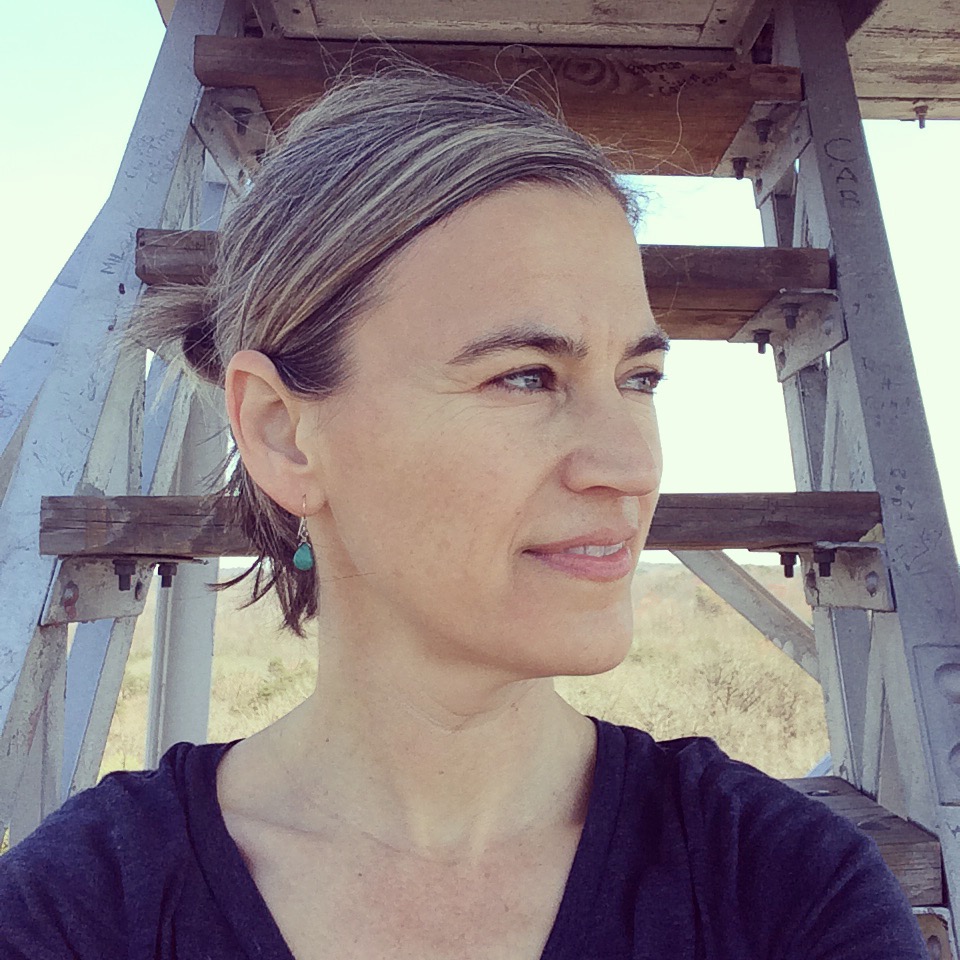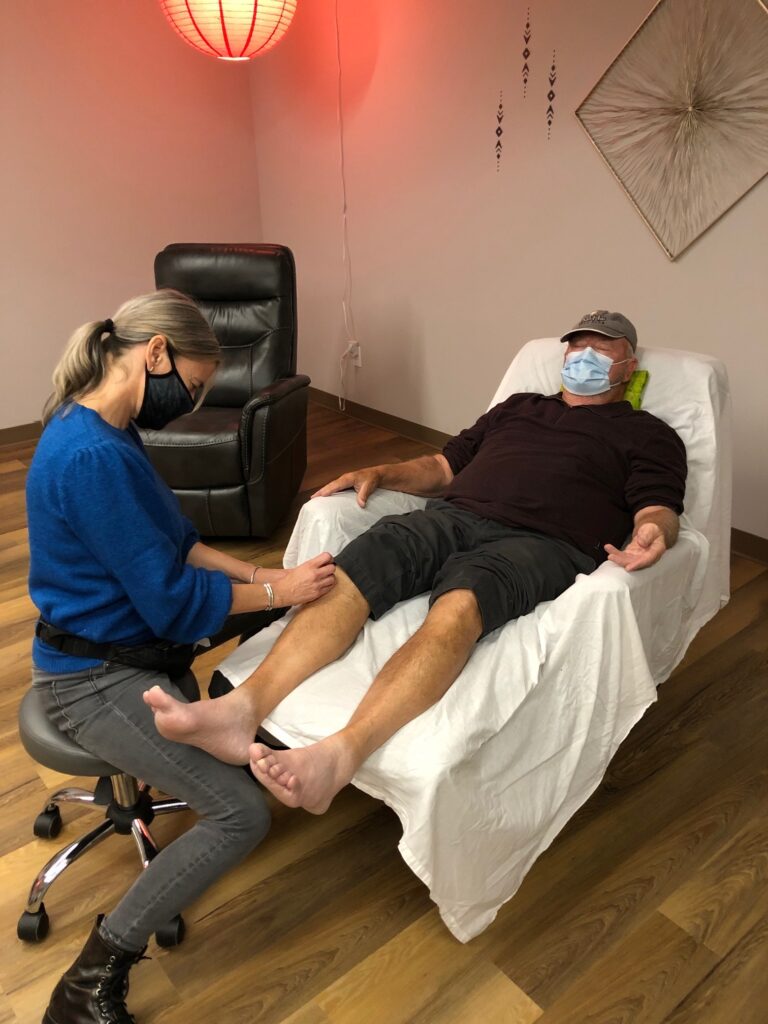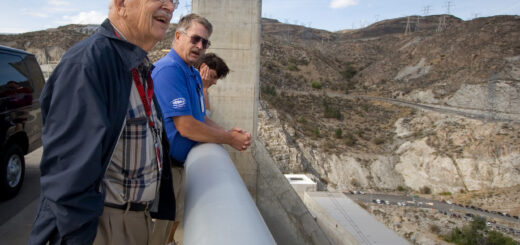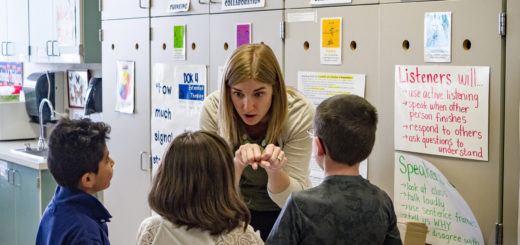Jill Nielsen-Farrell offers trauma-informed acupuncture, other Chinese medicine in valley
One of the most important and ignored challenges in our communities is the toxic stress from untreated trauma that wreaks havoc on the lives of so many people — impacting their health and well-being in profound ways.

Trauma runs the gamut from the well understood post-traumatic stress disorder (PTSD) of returning veterans to the emotional and physical trauma that impacts people from all walks of life. Folks living in poverty tend to be more greatly impacted by these types of trauma and often have less access to tools that may bring relief.
An abundance of neuroscientific evidence has proven the damage wrought by trauma and that there are also effective ways of helping people restore their sense of balance and resiliency.
Recently, I had the chance to interview a young woman who is doing trauma-informed acupuncture in the Wenatchee Valley. Jill Nielsen-Farrell was born in Wenatchee and returned early this year to set up Wenatchee Community Acupuncture, a community-based practice designed to integrate a Chinese medicine approach and make it affordable for people regardless of income levels. She also prescribes herbal remedies, consults on nutrition and plans to offer yoga and mindfulness-based meditation as Covid restrictions ease.
As it happens, her clinic is located in the same place where her father, long-time Wenatchee dentist Gerry Nielsen, started his practice — at 10 Orondo St. She treats people for a wide range of issues, from sports injuries and post-surgery pain to trauma-related issues.
“Chinese medicine is essentially predicated on the idea that the body has an innate ability to balance itself — it always wants to return to balance, return to harmony, return to homeostasis,” Nielsen-Farrell told me. Acupuncture, herbs and other techniques are used to stimulate the body to balance and heal itself.

Nielsen-Farrell came to appreciate the impact of trauma on the nervous system and discovered ways to heal from trauma from personal experience, following the tragic death of her second husband in a house fire.
“It wasn’t until I went to an acupuncturist who was pretty trauma informed that we really got into the physical pain that I was experiencing, predominantly in my lower back,” she said. In Chinese medicine, the lower back “is the holding place of fear,” she added.
Trained as a social worker and with a background in nonprofit management, Nielsen-Farrell was inspired to study Chinese medicine and assist others in their healing process. She is also a long-time meditator and yogi.
After practicing in the Midwest, Jill chose to return to the Wenatchee Valley. She sets aside Friday evenings to work specifically with patients who are dealing with trauma issues with a protocol called NADA. NADA is recognized by veteran’s organizations, addiction treatment centers, relief organizations and others as a tool to reset the nervous system after trauma.
Trauma is becoming much better known in schools and health care settings, thanks in large part to Kaiser Permanente’s Adverse Childhood Experiences Study. That profound study showed that the more adverse experiences (divorce, neglect, abuse, etc.) children experienced, the greater the likelihood of detrimental outcomes — physical and mental health problems, economic impacts, addiction, obesity and early death.
Children (and adults) go into fight, flight or freeze mode as a coping and a self-preservation strategy. “So, the higher your adverse childhood experience score (ACES), the more likely you are to have a nervous system that’s been dramatically impacted. Once a reaction is triggered, people do all sorts of things in an attempt to mitigate the nervous system response,” she explained.
With trauma-informed approaches — counseling, acupuncture, mindfulness-based meditation, massage, etc. — individuals who have experienced trauma can re-wire the brain to be less reactive and retrain the nervous system to move beyond the trauma.
What makes Wenatchee Community Acupuncture different? While Jill treats some patients one-on-one, community acupuncture allows her to treat patients in a group setting (socially distanced, of course). She offers a sliding scale of fees based on ability to pay, and so a treatment can be as low as $15 for someone with limited resources and up to $50 for those with greater means.
Treatments are based on the principle that there is no quick fix and that ongoing treatments create a cumulative effect of stimulating the body’s existing healing resources.
It’s encouraging that Nielsen-Farrell has brought her expertise and commitment to community-based healing to our valley. It is essential that we start addressing the trauma in our community collaboratively and help people heal rather than writing them off. The more trauma-informed systems, solutions and practitioners, the better.


